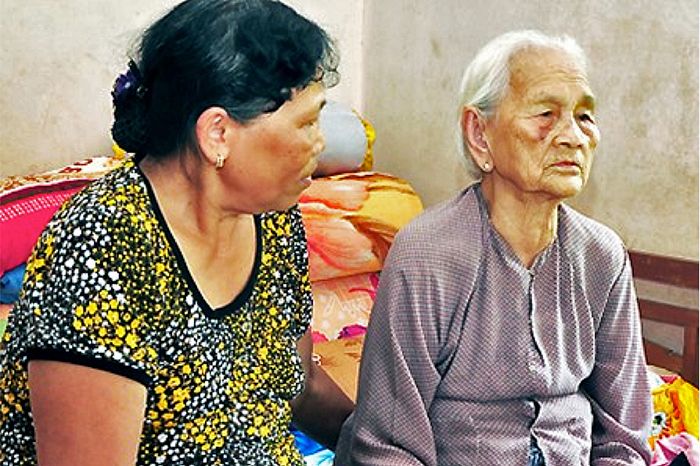Vietnam’s interest in bear bile is waning, a positive sign signaling the end of the country’s scores of bear farms. However, conservationists are faced with a brand-new set of problems: how to save the remaining ursines from starvation and neglect.
Bear bile used to be a popular ingredient in Vietnam’s traditional medicine as an anti-inflammatory ointment. Often the substance is extracted live from the gallbladder without any anesthesia, causing the wild bears great pain.
Thankfully, in recent years, bear bile has fallen out of favor among consumers, who either abandoned the practice altogether or prefer rarer bile taken from the nearly extinct wild bears, which can fetch up to 12 times the cost of bear bile from farms, according to a feature article by Channel News Asia.
Nonetheless, this makes bear farms much less lucrative, prompting owners to abandon farms for better endeavors. This, however, gives rise to other threats to the poor creatures.
"Farmers said it wasn't profitable to keep the bears any more so they started feeding them less and let them die off," Research Programme Manager Brian Crudge at Free The Bears told AFP. A study published by journal Oryx shows that on average, bear bile producers have spent almost 90% less on bear food since the price of farmed bile started dropping in 2010.
Bear bile farming has been outlawed in Vietnam since 2005, but a loophole still allows farmers to keep those that were bought before 2007. But more and more owners are starting to voluntarily give up the animals. Since the ban in 2005, the population of captive bears has dwindled from 4,500 to only 800 today thanks to rescue efforts conducted by rights groups like Animals Asia.
An unnamed farmer told AFP that once he was making as much as US$10 for a one-millimeter cube of farmed bile, but now the same amount only sells for US$2. "People don't seem to like the bile anymore so it's harder to find customers," he explained. His farm used to house a dozen caged bears, but is now empty. When asked about their fate, he “just smiled, […] refusing to elaborate,” according to AFP.
In July last year, NGO Animals Asia signed a historic agreement with the Vietnam Administration of Forestry to collaborate on a major campaign to free all remaining bears in farms across Vietnam. With the current rates of rescue, it’s likely that the country will meet its target of eradicating farms by 2022, but the reality is not all caged bears might join their friends in rescue centers.
Some bears — weakened by years of captivity and bile extraction — don’t even make it to the sanctuaries due to starvation or are killed for their body parts. Bear paws, though not as popular and common as bile, are consumed by a select few as a delicacy.
Still, intervention efforts by rights group like Four Paws and Animals Asia have managed to free many captive bears this year. The Vietnam Bear Sanctuary in Tam Dao National Park, operated by Animals Asia, is currently housing 173 rescued bears.
Editor's note: A previous version of this article was unclear about the operation of the Vietnam Bear Sanctuary, which is solely managed by Animals Asia.
[Photo by World Animal Protection]













